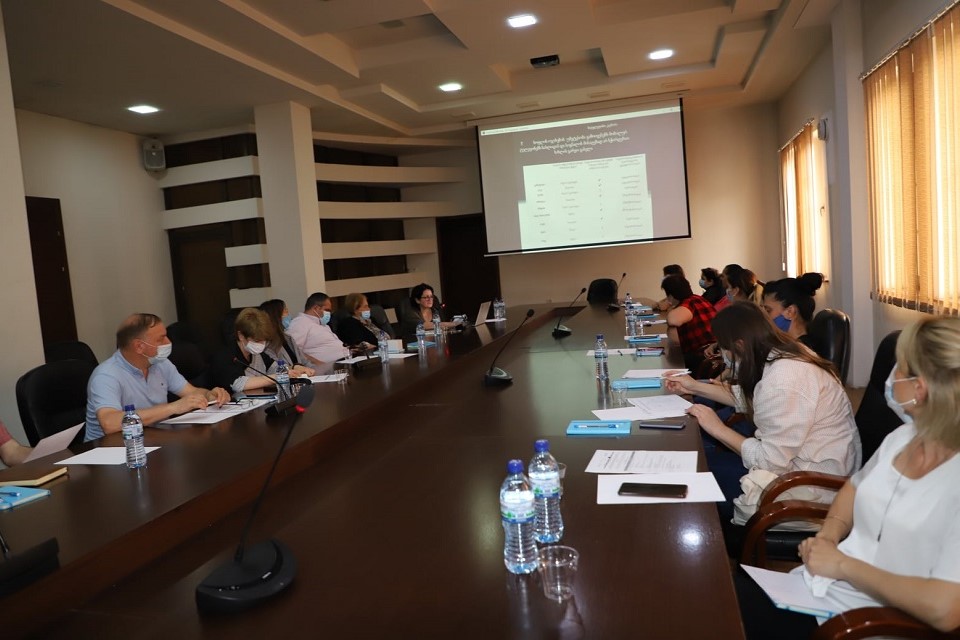Water, kindergartens and the Internet remain the main needs of women living along the administrative boundary line
Date:

Women living in villages near the administrative boundary line have specific needs. UN Women always directs special attention to the identification of these needs, informs the local or central governments about them and takes appropriate steps.
One such step was a needs assessment conducted with the support of UN Women in 10 villages in each of the municipalities of Tsalenjikha and Zugdidi, organized by the NEFA Foundation and with the participation of local, active women. Based on 143 questions, a profile of each village was drawn up, and priority needs were identified in terms of gender. The study presents an update to an earlier needs assessment of the population living in 112 rural areas close to the administrative boundary line. The original assessment was launched in 2019 within the framework of the UN Women project “Strengthening the Effective Participation of Women in Peacebuilding and Gender Mainstreaming in the Security Sector” with the support of the Conflict, Stability and Security Fund of the British Government. It should be noted that the main problems of the population were the unregulated water supply, lack of Internet access and poorly maintained kindergartens. These needs have intensified and become urgent during the COVID-19 pandemic over water and the demand on remote learning and work. Improving outpatient services, internal roads, outdoor lighting, pharmacies and other services also proved important for women.
In order to respond promptly to the identified needs, with the support of UN Women, on 27 and 28 July 2021, the women participating in the survey personally presented the results to the representatives of the local self-governments and central government officials. Zviad Zviadadze and Eka Kubusidze, the representatives of the Office of the State Minister for Reconciliation and Civic Equality and the Ministry of Economy and Sustainable Development of Georgia, respectively, attended the meetings.
“Some of these problems need to be addressed at the municipal level, and the local government will try to solve them as soon as possible, whereas the issues that need to be resolved centrally will continue to be discussed within an inter-agency commission,” said Mr. Zviadadze.
The NEFA Foundation will continue to work on the solutions to these problems in collaboration with the local women. “The women believe that with their active involvement, some of the issues can be resolved in 2022, while others may need more time and the central government’s intervention,” remarked NEFA representative Nina Korshia. “After this meeting, the women will continue the advocacy process with the municipalities and are getting ready to be involved in the budgeting process.”
The needs survey was conducted under the auspices of the initiative “Economic Empowerment of Women Farmers through the Support for Farmer Field School (FFS) Approaches”, funded by UN Women in cooperation with the Food and Agriculture Organization of the United Nations and with the financial support of the Swiss Agency for Development and Cooperation.